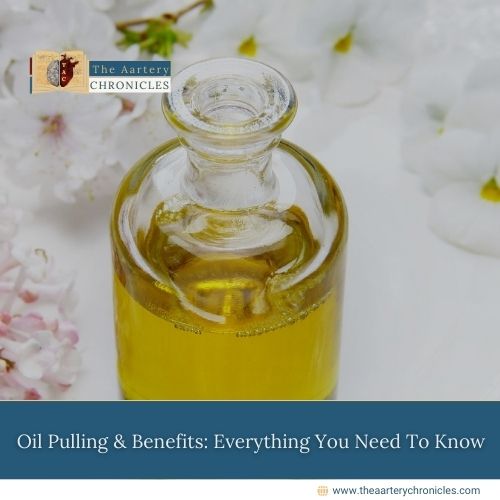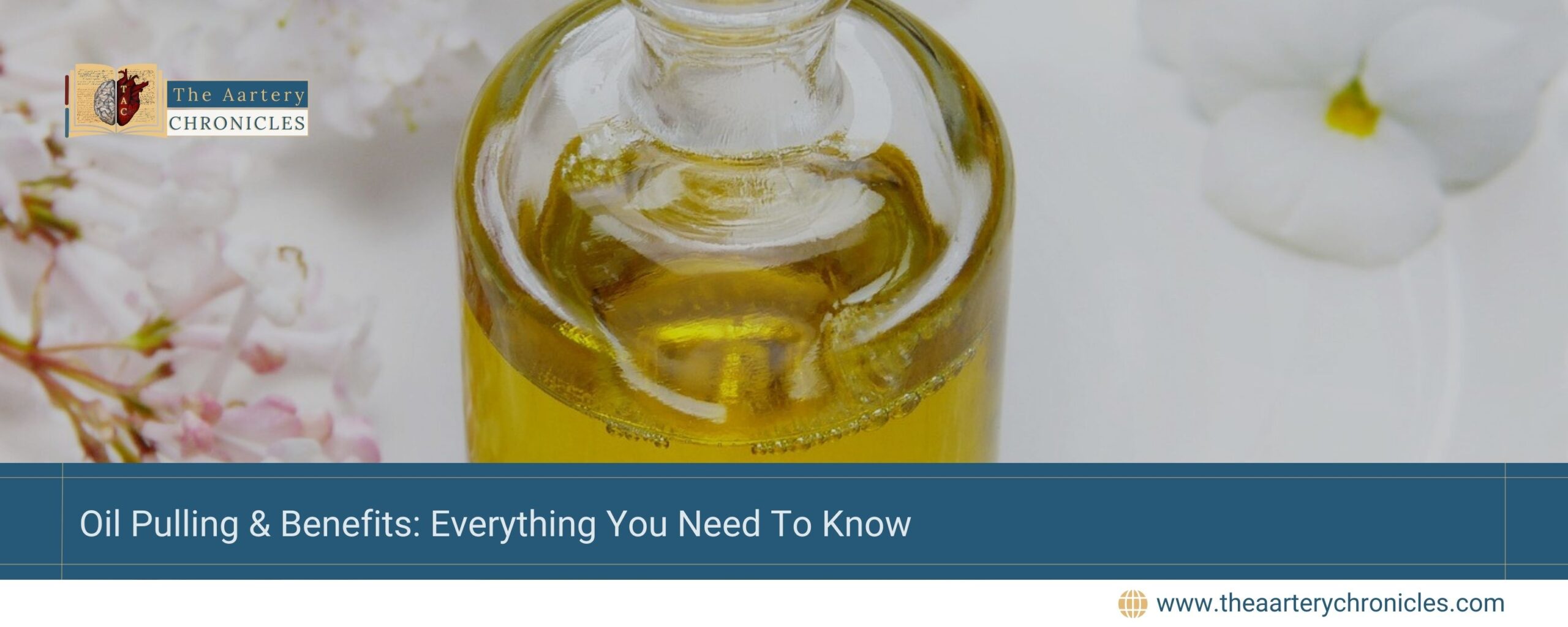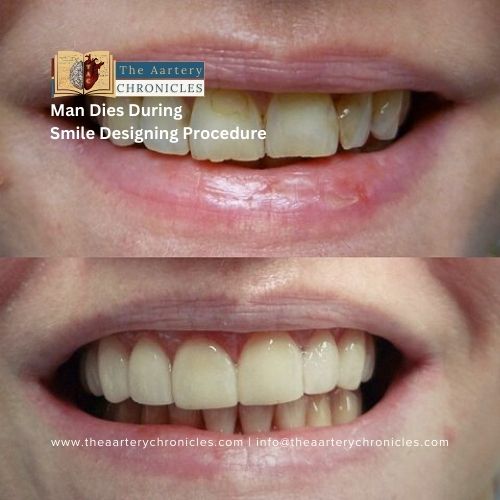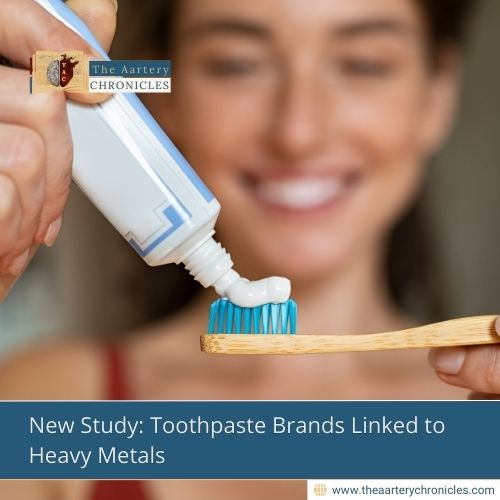

Oil Pulling & Benefits: Everything You Need To Know
Introduction
Oil pulling is an ancient Ayurvedic oral hygiene practice that has gained renewed attention in recent years. This simple yet powerful technique involves swishing oil in the mouth for several minutes to improve oral health and overall well-being. This article explores the science, benefits, and practice of oil pulling.
What Is Oil Pulling?
Originating from Ayurveda, oil pulling involves swishing a tablespoon of edible oil (refined or cold-pressed) in the mouth for about 20 minutes in the morning on an empty stomach, usually before breakfast. When performed correctly, the thick oil transforms into a thinner, milky-white liquid by the end of the process.
The traditional Ayurvedic practice of oil pulling originally used sesame oil, though many modern enthusiasts now favour coconut oil. While the trend has waned somewhat in recent years, social media influencers continue to highlight its claimed health benefits. However, from an evidence-based perspective, oil pulling cannot replace brushing twice daily and flossing.
Currently there is no solid proof that the practice of oil pulling cures any specific ailments. That said, despite being overhyped in the past, the practice does seem to offer some potential benefits.
Benefits of Oil Pulling
Oil pulling may not be a miracle solution, but it’s far from insignificant. The practice could carve out a unique role in oral hygiene, particularly in resource-limited settings. A 2017 study suggests that oil pulling can serve as a helpful preventive home therapy for maintaining oral health, especially in developing countries where access to products like mouthwash is limited.
Another 2017 study found that, when practiced consistently and correctly —alongside brushing and flossing—oil pulling can contribute to improved oral hygiene. According to research studies, some promising benefits of oil pulling practice include:
- Reducing harmful bacteria: Oil pulling helps reduce harmful oral bacteria and prevents the build-up of plaque and tartar. Coconut oil has a high saponification value and contains lauric acid, which reacts with alkalis in saliva to form a soap-like compound that aids in plaque reduction and oral cleansing. Additionally, it has also shown promising results against Streptococcus mutans and Candida albicans in laboratory studies.
- Improving Gum Health: After 5 minutes of oil pulling, the oil emulsifies and coats the teeth and gums, which further aids in preventing bacterial co-aggregation and plaque buildup. This process eliminates plaque-forming bacteria associated with
- Dental caries
- Gingivitis
- Periodontitis
- Bad breath
Consequently, the gums become healthier and pinker, and the issue of gum bleeding improves.
- Prevention of Cavities: Lauric acid present in coconut oil exhibits antimicrobial and anti-inflammatory properties, which promotes oral health by preventing dental caries.
- Whiter Teeth: Although not as effective as professional whitening, oil pulling can help achieve slightly brighter teeth over time due to its ability to remove surface stains and reduce plaque build-up.
- Fresher Breath: Regular oil pulling may help combat bad breath (halitosis) by removing odor-causing bacteria.
When practiced regularly, it is believed to refresh and stimulate the mind, as well as strengthen the senses. Additionally, it may be beneficial for conditions like sore throat, dry mouth, chapped lips, dry skin, impaired vision, taste loss, and anorexia.
How to Practice Oil Pulling Correctly?
To practice oil pulling correctly, follow these steps:
- Choose the Right Oil: Use a high-quality oil such as coconut, sesame, or sunflower oil. Coconut oil, due to its antimicrobial properties, is the most preferred choice.
- Measure the Oil: Measure and take about 1 tablespoon of oil. You can start with less if needed and gradually increase the amount.
- Swish the oil: Swish the oil around the mouth on an empty stomach in the morning for about 20 minutes.
- Avoid Swallowing: Since the pulled oil might contain bacterial and chemical toxins, it is best to avoid swallowing it during the procedure.
- Spit Out the Oil: After swishing the oil, spit it into a waste bin after 15-20 minutes. Don’t spit it in the sink, as it might clog the pipes.
- Rinse the Mouth: After spitting the milky oil, rinse the mouth with water to get rid of any oil and bacterial residue.
- Brush Your Teeth: After rinsing, brush your teeth as usual to complete the process.
Tips and Precautions Of Oil Pulling
- Avoid swallowing the oil while pulling the oil.
- Begin with shorter sessions (5 minutes) and gradually extend the duration as you become more accustomed to the practice.
- In the case of existing dental conditions, it is recommended to consult a dentist before incorporating oil pulling into your oral health routine.
- If you experience discomfort, stop and consult a dentist or healthcare professional.
What do modern dentists have to say about oil pulling?
Modern dentists have mixed opinions about oil pulling. While some acknowledge its potential benefits, most agree that it should not replace traditional oral hygiene practices. The American Dental Association (ADA) does not support practice of oil as a viable dental health practice due to lack of concrete evidence. According to its position statement, there is no reliable scientific evidence that oil pulling reduces plaque or decreases the risk of cavities.
Although some research studies have hinted that oil pulling may help with plaque buildup, the evidence is not conclusive, and more research is necessary. Dental professionals also caution that oil pulling, particularly when followed by brushing, could potentially weaken tooth enamel. While it may not directly damage teeth, it could increase their vulnerability to harm.
Conclusion
Oil pulling is an Ayurvedic, cost-effective, and easy-to-adopt practice that promises enhanced dental and overall health. Although scientific evidence supporting oil pulling is limited, your dental health provider may approve of it as long as you continue to brush, floss, and visit the dentist regularly. By integrating this ancient wisdom with modern oral hygiene practices, you can support a healthier smile and a more balanced lifestyle.
- Oil pulling and importance of traditional medicine in oral health maintenance - PMC
- Oil pulling for maintaining oral hygiene – A review - PMC
- The effect of oil pulling with coconut oil to improve dental hygiene and oral health: A systematic review - PMC
- Oil Pulling: Benefits and How To Do It
- The Effect of Coconut Oil pulling on Streptococcus mutans Count in Saliva in Comparison with Chlorhexidine Mouthwash - PubMed









